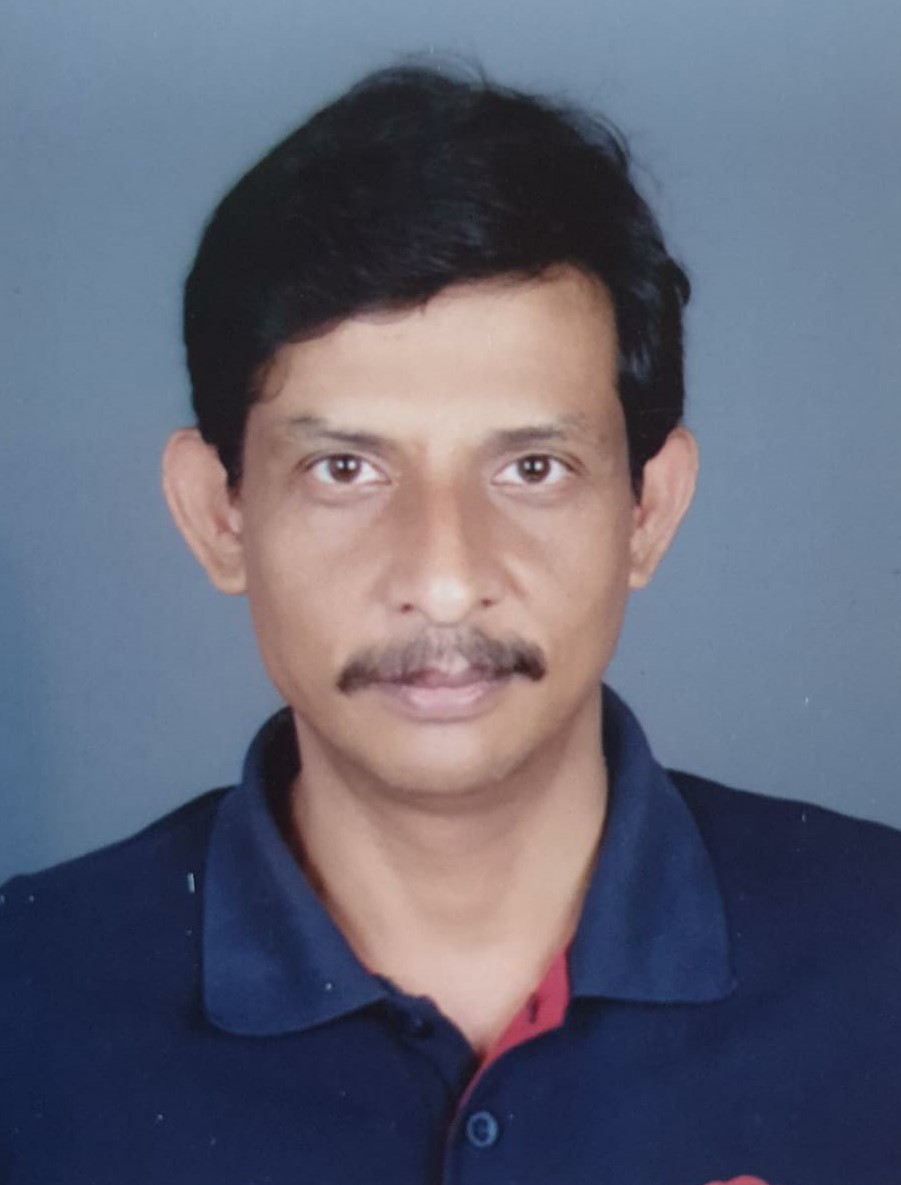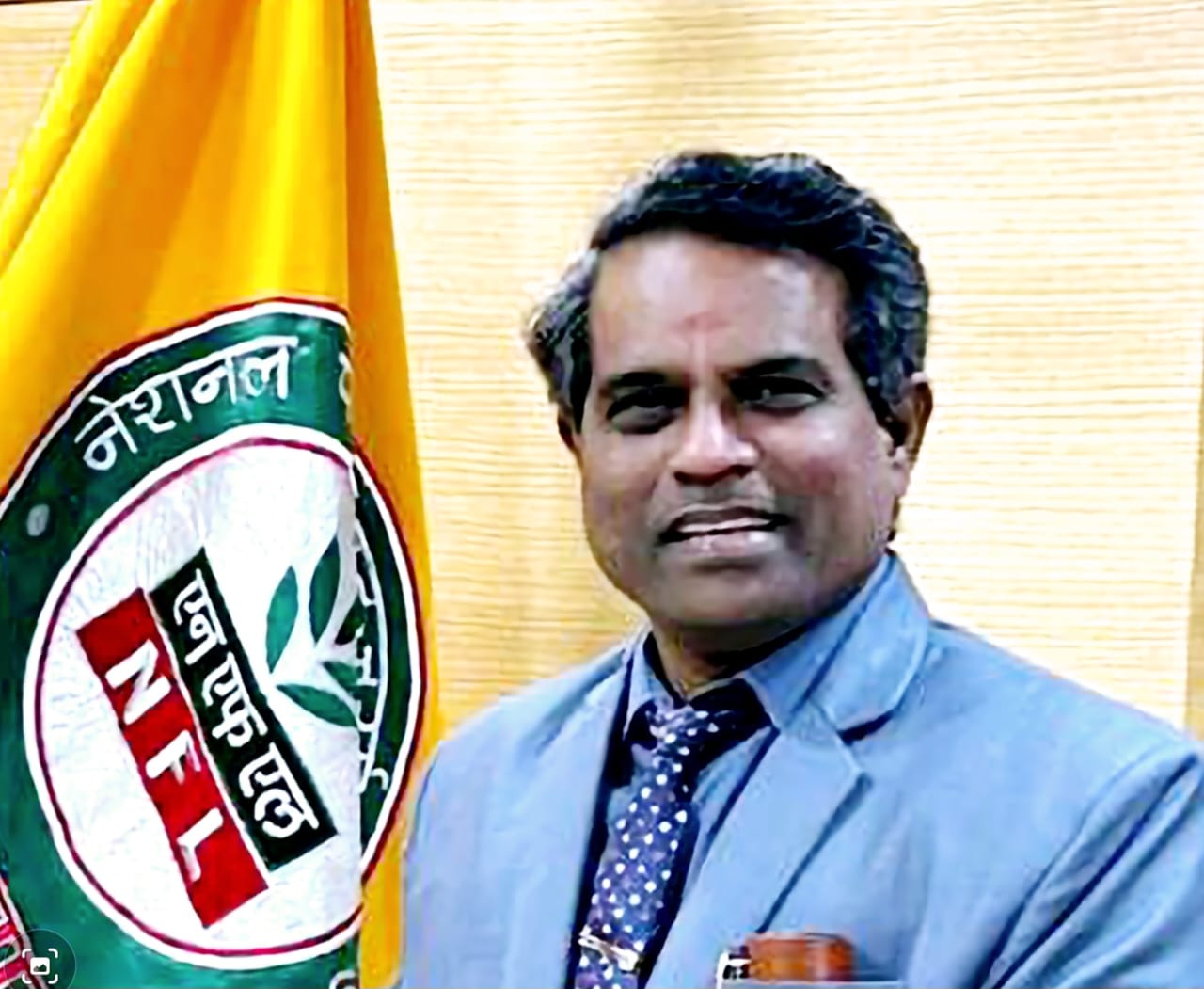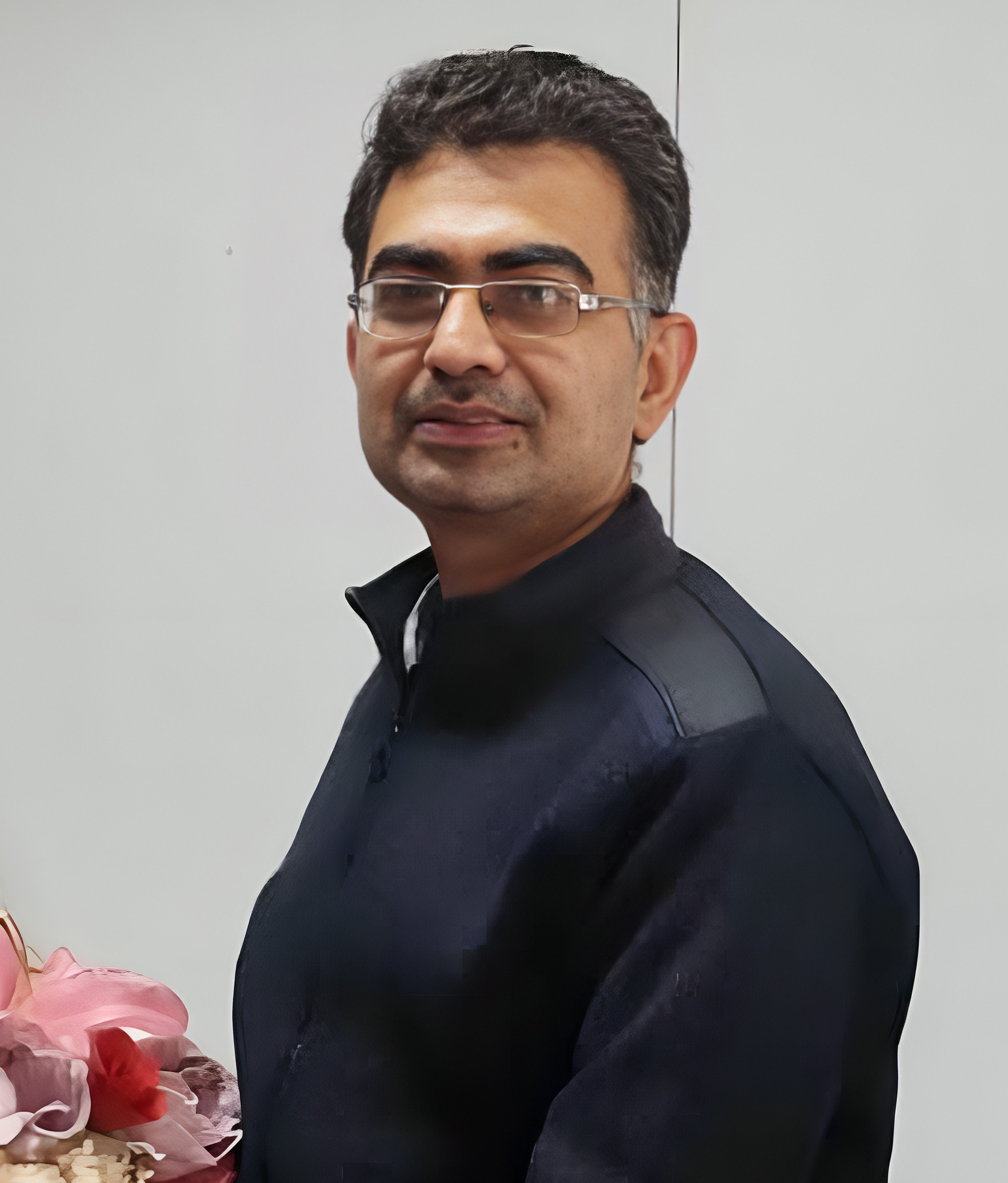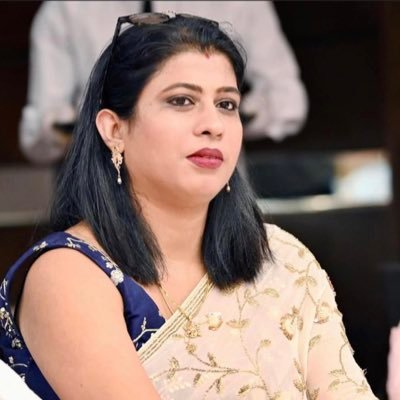Corruption is a difficult challenge to overcome but not impossible
Author: IAS Mangesh Kashyap

Without acknowledging the existence of a problem, one cannot arrive at a solution. Thus, when you are entrusted with the task of ensuring transparency and checking corruption, you must accept the existence of such problems.In an exclusive conversation with Naina Jha of Bureaucrats India, Mangesh Kashyap, IPS officer and Chief Vigilance Officer (CVO), South Delhi Municipal Corporation, says: “Corruption might be prevalent but it can be tackled and remedial measures can be implemented.” Here are edited excerpts:
Do you consider corruption as a big challenge to good governance?
Yes, corruption is a huge challenge for the government. It is discussed at all forums - how to bring about transparency so that the menace of corruption is handled effectively. I believe that the policy of the government is also geared towards the right direction, towards the elimination of corruption. With the use of technology, we have managed to address corruption to a very large extent, especially with the help of Aadhaar. The ultimate objective of us as a nation is to have a system, which is transparent. Transparency translates into better governance and faith in the working of the government and system.
What is the role of vigilance in good governance?
Vigilance acts as a watchdog for the government. If you are proactively involved in the functioning of an organisation, then it is a very important task. You have to be very fair and transparent. There is no substitute for vigilance in organisations like municipal bodies where there is a tendency of pilferage of government funds. We try to tell organisations what is right and how things should be done correctly. The role of vigilance is very important in all government organisations.
How has your journey been so far? When did you think of being a part of the government?
So far, my journey in bureaucracy has been excellent. All these years have been a great learning experience and very gratifying for me. This is a very important and impactful career option available to an Arts graduate. And being a student from Bihar, the Civil Services seemed to be the best job option available for me.
How did you reorient yourself to adapt to the new job?
It was initially very difficult. But training for two years at the initial phase helped me a lot. Gradually, you learn to work in accordance with the government policies. I have been in service for 25 years now thus, I think I have adapted well.
Hits you have so far in your career?
In the last four years, I have been able to bring a considerable amount of transparency in the civic body. Penalties have been imposed on delinquent officials and departmental actions have been carried out through proper mechanisms. A lot of enquiries have also been conducted which resulted in the recovery of municipal funds. Officials with doubtful integrity have been identified and punitive measures have been taken against those who were guilty.
What aspect of your job do you enjoy the most?
It is very satisfying to serve the people - implementing the rules and policies of the government. Very few people get the opportunity to be a part of a larger crusade for better governance. As a police officer, we are strictly bound by rules and regulations, and complaints are handled with care and sensitivity. As a senior officer, we try to address all the complaints so that the public at large is satisfied with the working of the police.
Help us to understand how intricate it is to work for the government, given the enormity of the task at hand as well as expectations from a civil servant.
Yes, it is very difficult to implement laws in view of our huge population. There is always a gap in expectations and deliverable outcomes. However, gradually we are moving in the right direction – towards better outcomes and brighter futures.
Bureaucracy in India has undergone a metamorphosis in the last few decades, especially in terms of design and delivery. It is far more efficient today, and this has given rise to soaring expectations. How do you look at this trend?
Technology has played an important role in the metamorphosis of the bureaucracy in the past decade. Officers are well equipped to handle situations. The combination of technology and science makes the delivery system much easier which gels well with the public’s expectations. During the COVID19 pandemic, the use of technology has been instrumental in dealing with the emergent and ever-changing challenges.
Technology is a boon to government servants. Records are there to prove this. A holistic database is being prepared. As far as possible, all the schemes are implemented on the basis of this database. One of the classic examples is Aadhaar. The government has linked all the schemes and services to Aadhaar. The implementation is good and the chances of leakage are much lesser now.
What are some of the changes you would wish to see in bureaucracy?
Change is the only constant. The use of technology will increase further in day-to-day functioning. Records are kept properly to ensure that implementation becomes both easy and efficient.
What is your view on lateral entry at the level of the joint secretary?
It is a very welcome step by the government. The government wants to bring the best brains of the country to run and manage the system.
What are the lesser known facts about bureaucracy in India?
A lesser known fact about bureaucracy is that all bureaucrats work very hard to implement the policies as per the directions given by the government. However, the common perception is that the government servants are not performing their respective duties well. Also, most officers are honest and committed to their work.
Do you feel the people have huge expectations from civil servants?
People have a lot of expectations from a civil servant. And at times, I admit there is a gap between expectations and what we can deliver. It is always a tough call. And in spite of working hard, we are often not considered good at our jobs. But it is also important to note that fulfilling all expectations is very difficult.
Tell us about your family.
My wife is a journalist -- Anjana Om Kashyap, Executive Editor at Aaj Tak, India Today. I have two kids. The elder one is studying Chemistry in St Stephen’s College, Delhi University. The younger one is in Class VIII.
Share your fondest memory as a Civil Servant.
There are many such fond memories. However, the best memory was from my initial days when I had managed to crack a very sensational case. Three people were murdered along with the school principal. The principal was killed in front of the entire class. There was a lot of hue and cry. I managed to catch the culprit. It was a rewarding experience.
What are your hobbies? Do you get time to pursue your hobbies?
My hobby is to play the piano. I have been learning the piano for the past two years. Now, I am able to play Hindi songs which I absolutely enjoy.
The best compliment that you got from the people while serving!
The best compliment is when you leave a post where you were previously serving, and people come over just to meet you and praise you, compliment you for your previous work. That is the most satisfying experience.
Last but not the least, what is your message for aspiring Civil Servants.
Work hard, be honest and give your 100 percent. Try your best to achieve the goal.



